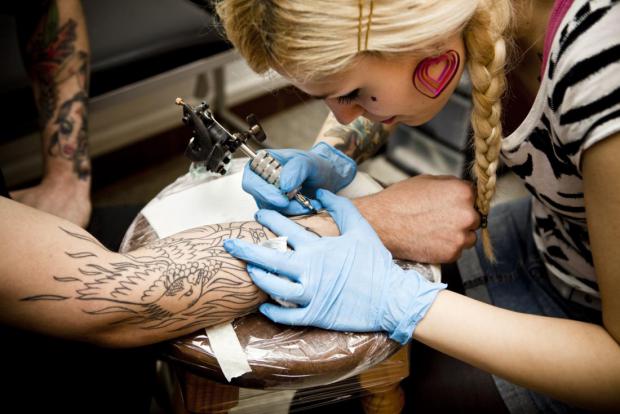
Breaking News
 The Prostate Cancer Test Dilemma
The Prostate Cancer Test Dilemma
 The Separation of Righteousness and Politics
The Separation of Righteousness and Politics
 Russian strike knocks out power in Kyiv FRANCE 24 English
Russian strike knocks out power in Kyiv FRANCE 24 English
 CLAIM: Bitcoin is going to ZERO folks – HOLY SCHLIT! Benny Johnson and Mike Benz on it
CLAIM: Bitcoin is going to ZERO folks – HOLY SCHLIT! Benny Johnson and Mike Benz on it
Top Tech News
 How underwater 3D printing could soon transform maritime construction
How underwater 3D printing could soon transform maritime construction
 Smart soldering iron packs a camera to show you what you're doing
Smart soldering iron packs a camera to show you what you're doing
 Look, no hands: Flying umbrella follows user through the rain
Look, no hands: Flying umbrella follows user through the rain
 Critical Linux Warning: 800,000 Devices Are EXPOSED
Critical Linux Warning: 800,000 Devices Are EXPOSED
 'Brave New World': IVF Company's Eugenics Tool Lets Couples Pick 'Best' Baby, Di
'Brave New World': IVF Company's Eugenics Tool Lets Couples Pick 'Best' Baby, Di
 The smartphone just fired a warning shot at the camera industry.
The smartphone just fired a warning shot at the camera industry.
 A revolutionary breakthrough in dental science is changing how we fight tooth decay
A revolutionary breakthrough in dental science is changing how we fight tooth decay
 Docan Energy "Panda": 32kWh for $2,530!
Docan Energy "Panda": 32kWh for $2,530!
 Rugged phone with multi-day battery life doubles as a 1080p projector
Rugged phone with multi-day battery life doubles as a 1080p projector
 4 Sisters Invent Electric Tractor with Mom and Dad and it's Selling in 5 Countries
4 Sisters Invent Electric Tractor with Mom and Dad and it's Selling in 5 Countries
Over 80% Of Tattoo Inks Contain Unlisted Substances That Can Cause Organ Damages...

The vast majority of tattoo inks sold in the United States are contaminated with unlisted ingredients that can cause serious health issues, including organ damages, according to a recent study.
The study, published in the Analytical Chemistry journal on Feb. 22, investigated nine different brands of tattoo ink common in the United States, from minor to major brands.
Out of the 54 inks of the nine brands analyzed by researchers, 45 (83 percent) were found to contain "unlisted additives and/or pigments," the study stated.
"Major, unlisted adulterants include polyethylene glycol, propylene glycol, and higher alkanes. Many of the adulterants pose possible allergic or other health risks."
Over half of the inks contained unlisted polyethylene glycol, which causes organ damages following repeated exposure. Fifteen inks contained propylene glycol, a potential allergen. Some contained a compound called 2-phenoxyethanol that posed health risks to nursing infants while other inks were contaminated with an antibiotic used to treat urinary tract infections.
"Taken together, the results from this study highlight the potential for a significant issue around inaccurate tattoo ink labeling in the United States," the study stated.
The research was unable to identify whether unlisted ingredients were added unintentionally or whether the manufacturer was provided with contaminated materials. It is also unknown whether the manufacturer incorrectly labeled the inks.
Risks associated with tattooing usually focus on skin cancer and reaction to the pigments. However, ink additives can be dangerous as well, including having negative impacts beyond the skin. If a person with a tattoo starts experiencing reactions, unlisted ingredients can make it challenging to ascertain what reaction is happening and why it is occurring.
"We're hoping the manufacturers take this as an opportunity to reevaluate their processes, and that artists and clients take this as an opportunity to push for better labeling and manufacturing," said John Swierk, an assistant professor of chemistry at Binghamton University who is also an author of the study.



